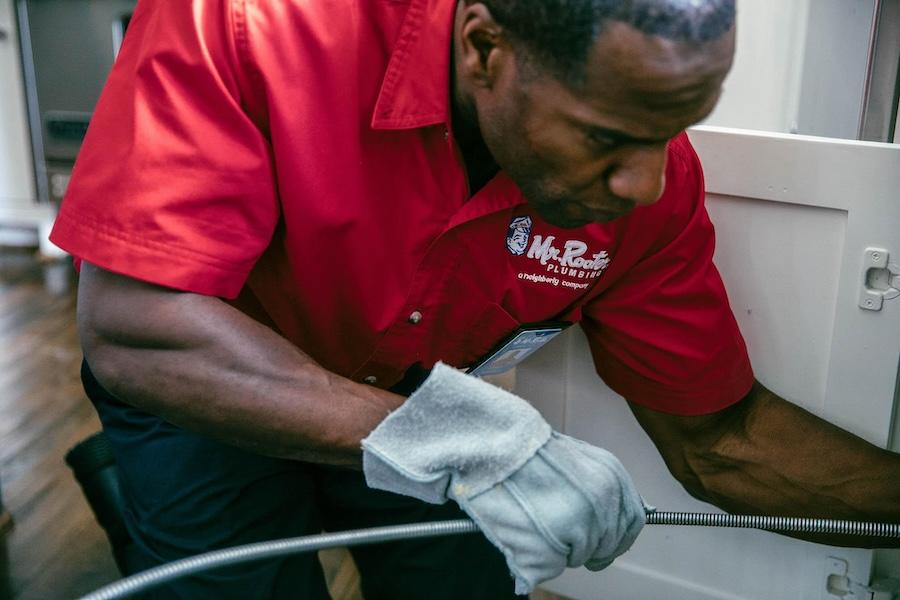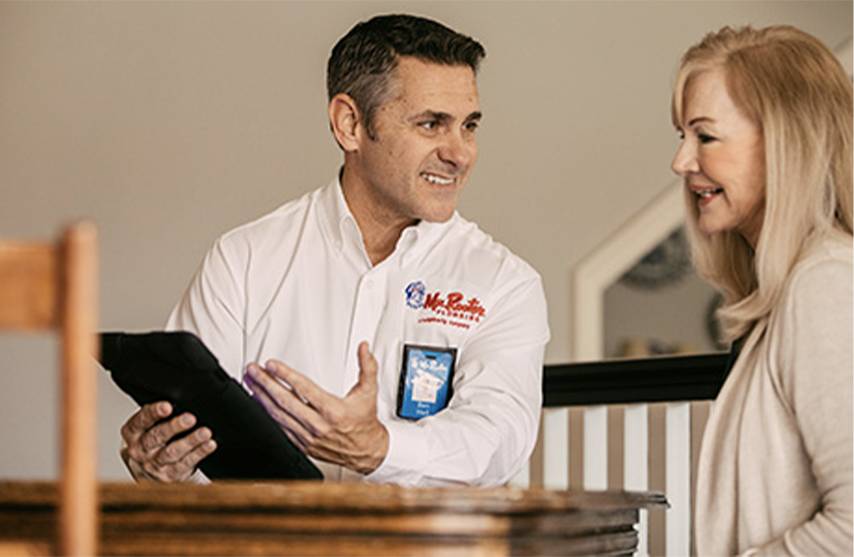
Keeping your drains in good shape is an essential part of home maintenance. Blocked drains can set you back hundreds of dollars, bring your normal household routine to a grinding halt, and create unsanitary conditions. That’s why it’s necessary to maintain a healthy drainage system. Here are our top drain maintenance tips to help you avoid messy clogs.
The first step to maintaining a healthy drainage system is to know what can be damaging to your drains. One of the biggest threats to kitchen drains is fat, oil, and grease. Most homeowners choose to pour leftover fat, oil, and grease down the drain and hope for the best. These items are bad news for your kitchen drains and can cause stubborn clogs over time. They belong to the trash bin rather than the drain.
For bathroom drains, you should avoid flushing away diapers, cotton swabs, “flushable” wipes, feminine hygiene products, or condoms. These items don’t dissolve like tissue paper and can clog your toilet or cause fatbergs in the sewer system. It’s advisable to talk to family members, especially caregivers, about the dangers of flushing wipes and diapers. Keep a readily available trash can with a lid near the toilet, specifically for non-flushable items. This makes the proper disposal option the most convenient choice.
Drain guards are your first line of defense against clogs. They’re installed over a drain opening to prevent large objects or debris from going down the drain and causing clogs. Drain guards can be installed in kitchen sinks, bathroom sinks, bathtub drains, shower drains, laundry sinks, and floor drains. They are designed for easy installation without any special tools. If you encounter any difficulties during installation, you can always consult with a professional plumbing service.
You can prevent kitchen and bathroom sink clogs by pouring hot water down the drains at least once every two weeks. Hot water can help loosen and wash away light grease buildup that can accumulate over time. Alternatively, you can use a combination of baking soda and vinegar to clean out residue in your drains. For stubborn drain clogs, reach out to a nearby plumbing repair service for professional help. With regular drain cleaning, you can rest assured that your drain lines are flowing smoothly all year.

It’s easy for anyone to turn to chemical drain cleaners, as they don’t require a lot of manual work. However, there’s something the marketers behind these products don’t tell you—chemical drain cleaners are extremely corrosive. They’re made up of harsh chemicals like sodium hydroxide or sulfuric acid. These chemicals work by generating heat to dissolve clogs, but this same heat can also eat away at the lining of your pipes.
It’s advisable to turn to natural DIY methods such as plunging, biodegradable drain cleaners, baking soda and vinegar, or snaking. If the clog persists after trying these methods, schedule drain line repair with a professional plumbing company.
When drain clogs won’t go away, it’s time to schedule professional drain line repair with Mr. Rooter Plumbing. We are a professional plumbing company with decades of plumbing experience and a team of dedicated plumbers. We are equipped with cutting-edge tools, including hydro-jetting machines to clear the toughest of blockages.